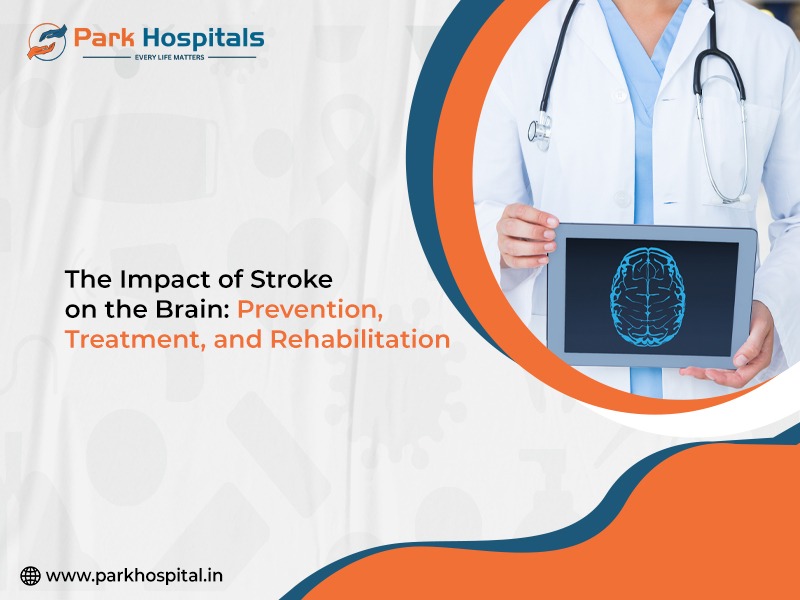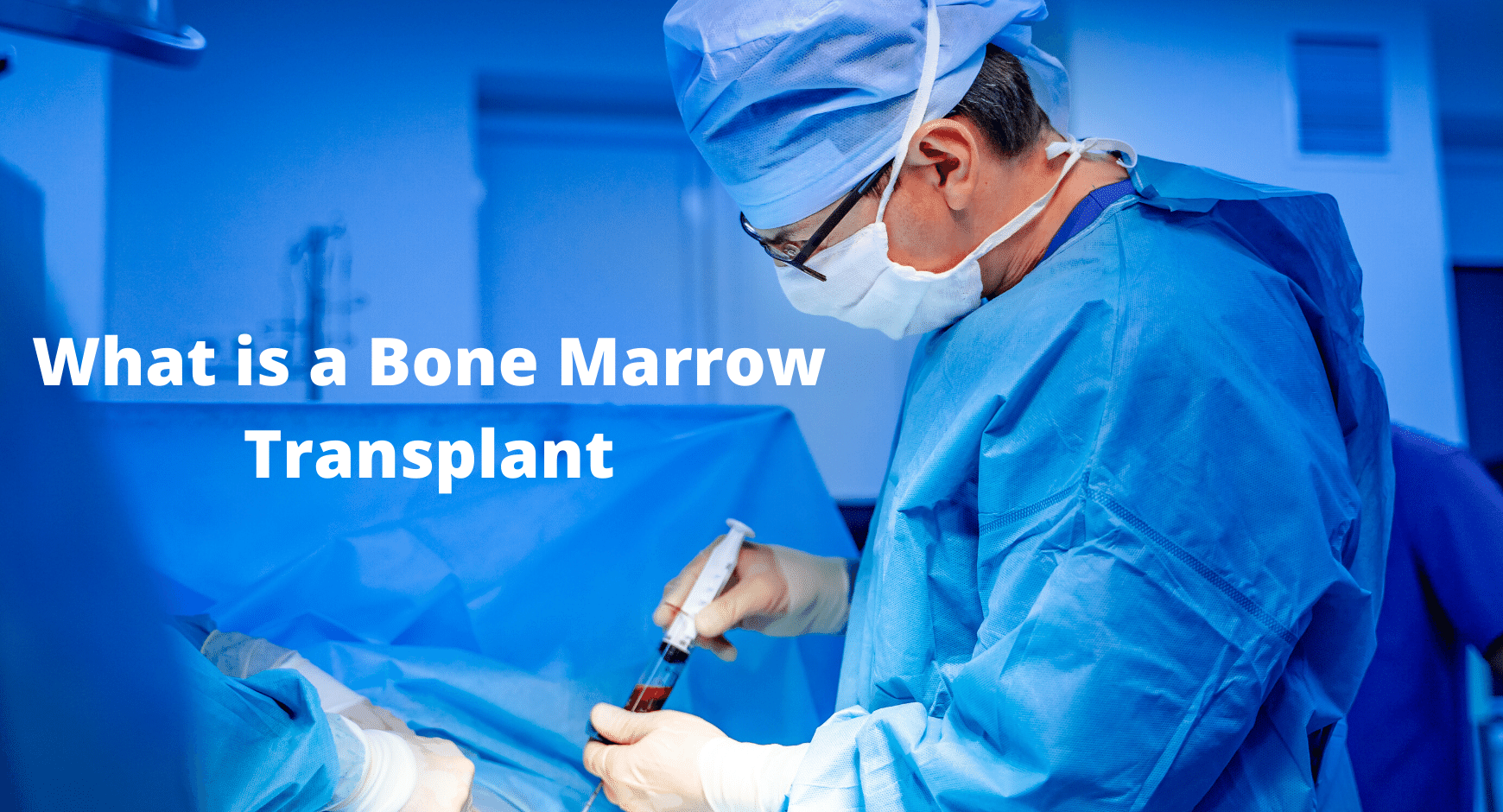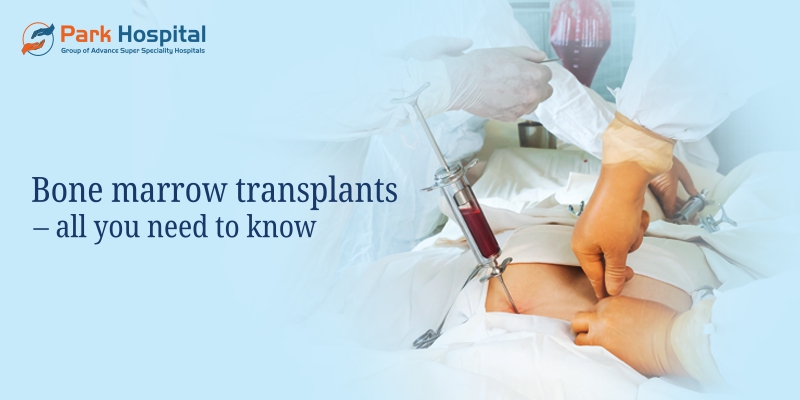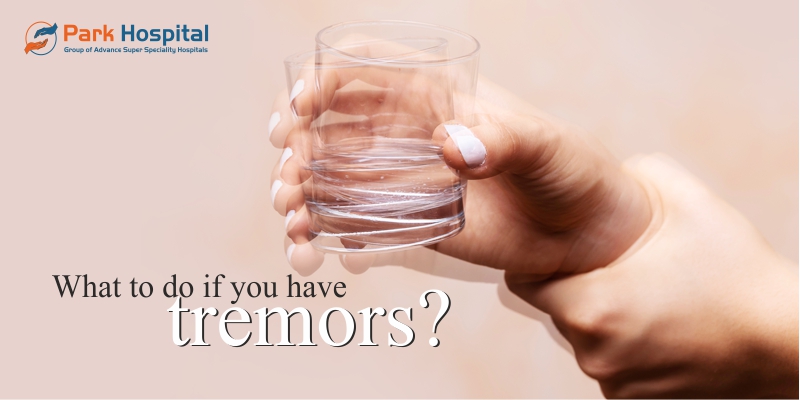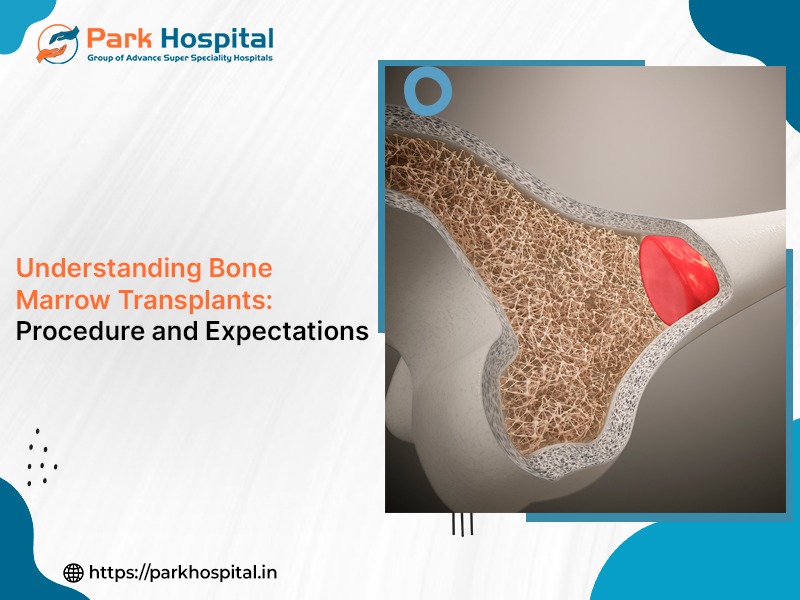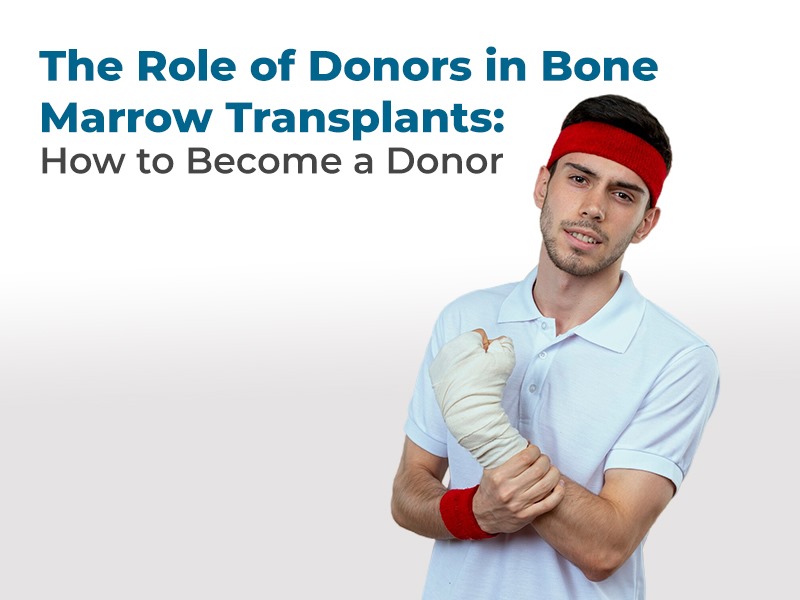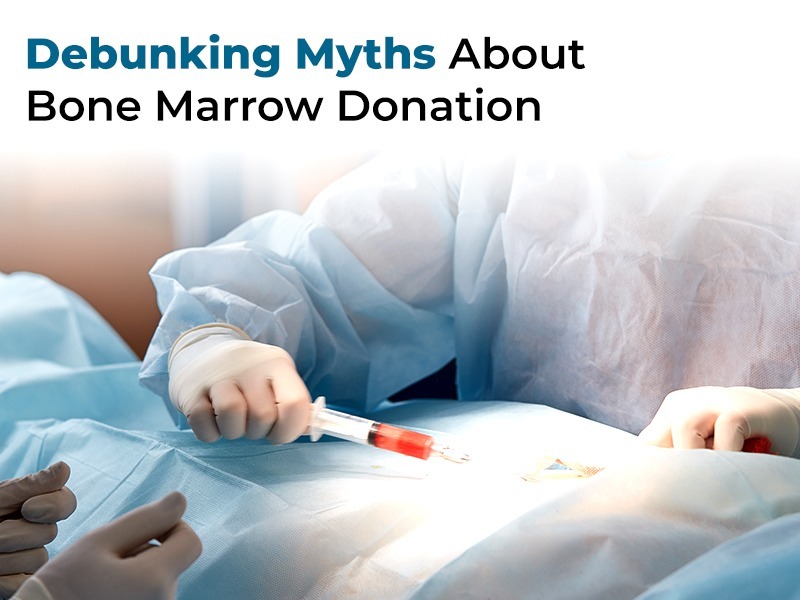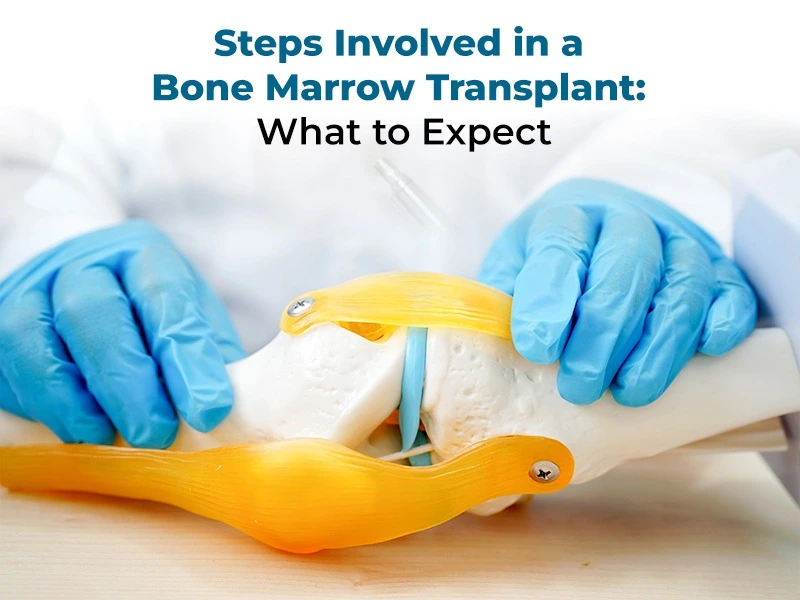Introduction
Approximately one in four people all over the globe are expected to have a stroke during their lifetime. A stroke occurs when the blood flow to a part of the brain is interrupted due to a blockage (ischemic stroke) or a rupture (hemorrhagic stroke) in a blood vessel that facilitates the blood flow. This results in an interrupted supply of nutrition and oxygen, causing damage to the brain cells.
According to the leading Neurologist Specialist in India, Park Hospital, the number of people facing strokes is rising due to the deteriorating lifestyles and eating habits of people. People tend to overlook the importance of maintaining good health because of their busy schedules and work priorities. This becomes the root cause of the development of various kinds of serious medical conditions.
Impact of Stroke
A stroke is a life-threatening medical condition that disrupts the blood supply to the brain. This affects the functioning of the brain cells due to the lack of oxygen and nutrition. If the supply is stopped for too long, the affected cells can die, and the damage becomes permanent. The various effects of a stroke are as follows:
Neurological Damage
According to the renowned Neurologist in Gurgaon, Park Hospital, a stroke can cause high degrees of neurological damage, resulting in impairments in sensation, movement, speech, and other important functions.
Cognitive Impairments
Depending on the degree of damage, stroke can also cause cognitive impairments including affected memory, executive function, difficulty in attention, and other mental abilities.
Physical Impairments
In certain cases, stroke survivors can also face physical impairments such as paralysis or weakness of one side of the body.
Emotional Impact
Stroke significantly affects the lifestyle and physical abilities of the person, leading to increasing instances of anxiety, stress, frustration, or depression in survivors.
Prevention of Stroke
Various genetic or birth-related factors lead to increased risks of stroke in people which cannot be avoided. But we at Park Hospital suggest various lifestyle changes to help prevent stroke, which are as follows:
Lifestyle Changes
People are advised to maintain a balanced diet and do regular exercise to maintain a healthy weight and prevent instances of medical conditions that can lead to stroke.
Avoid Harmful Substances
People should avoid or control the intake of alcohol or smoking, which can help to reduce physical well-being and result in stroke.
Medical Conditions
People need to maintain a good level of physical health with controlled levels of diabetes, high blood pressure, high cholesterol, and other medical conditions.
Mediations
In cases of comparatively high-risk factors, a Neurologist Specialist can also prescribe medications to prevent blood clots and reduce the risks of strokes.
Treatment of Stroke
Park Hospital is home to various highly skilled and experienced doctors who aim to provide the highest quality treatments to people to improve outcomes and help people maintain good post-stroke health. The treatment of stroke at Park Hospital can be defined as follows:
Emergency Treatment
Immediate medical care is needed in cases of stroke; thus, we provide Time-sensitive treatments such as tissue plasminogen activator (tPA) or mechanical thrombectomy to restore blood flow.
In cases of Hemorrhagic strokes, surgical intervention is needed to control bleeding and relieve pressure on the brain, preventing damage.
Acute Care
When the patient's condition is in an acute phase, they are admitted to the stroke unit or intensive care unit allowing the doctors to monitor and facilitate stabilization of their condition.
The specialists take various measures to control the blood pressure and manage possible complications such as brain swelling or infections to prevent further damage.
Long-Term Care
As the leading Neurologist in Gurgaon, The expert doctors at Park Hospital provide long-term support and education to the patients, including home health services and practical medical assistance.
The doctors also prescribe the use of various medications to avoid post-stroke complications in patients.
Rehabilitation After Stroke
Rehabilitation plays the most important role in allowing the patient to restore their quality of life and maintain good health. Ths we provide effective therapies for rehabilitation that include the following:
Physical Therapy
This includes the practicing of exercises to facilitate effective improvement in balance, strength, mobility, and coordination.
Speech Therapy
There are various speech exercises recommended for improvements in language, speaking, and swallowing abilities.
Occupational Therapy
This involves efforts in doing daily activities such as bathing, dressing, or cooking to improve body mobility and health.
Psychological Support
We also provide effective support for reducing the psychological impact of the stroke and help them adapt to their original life.
Park Hospital: India's Leading Neurology Specialist
At Park Hospital, we possess the essential expertise and knowledge along with advanced technology equipment to ensure effective treatments and rehabilitation. We care for our patients and thus maintain good hygiene standards and a positive environment for patients to heal and stay dedicated to their physical and mental health. With the impactful services and overall care for the patients, Park Hospital is becoming the leading healthcare provider in india.

